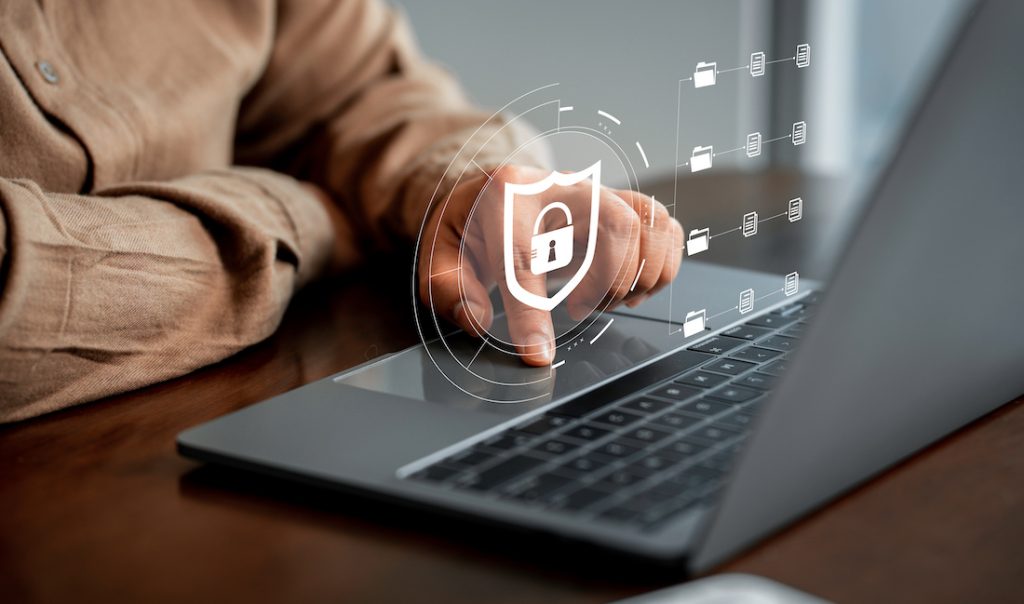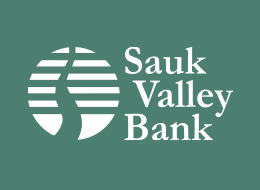According to 2022 data, the Federal Trade Commission reported 2.4 million fraud reports and $8.8 billion dollars lost by consumers due to fraud. Unfortunately, that number continues to increase in 2023.Scammers are leveraging emails, phone calls, and other tactics to steal even larger dollar amounts than ever before.
Luckily, you can defend yourself against fraud efficiently by learning about the trending scams below and actively using safe cybersecurity practices.

Common Scams & Fraud Attempts
Mobile Deposit Fraud
One of the most popular and quickly expanding forms of fraud is mobile deposit fraud. This form of fraud involves a fraudster depositing a fake check via remote deposit (using a photo of a fake check) into your account. After that, there are several ways they can attack you.
First, they may ask you to return the funds to them and may explain that the check was deposited into the wrong account. However, once you return the funds to them as stated on the “check,” you will have sent them the dollar amount from your own bank account and funds since the “check” they deposited will eventually bounce.
Additionally, the fraudster may try to promise you some form of employment and will ask you to use the check to send funds to a third party to get you started. These are red flags that should alert you to a possible scam.
To defend yourself against mobile deposit fraud, follow these key tips:
- Never blindly send funds to a party or institution that you don’t recognize, even if they recently deposited a check to your account.
- If it seems too good to be true, it probably is. If someone tells you that you won something, but you must send payment to receive your prize, you can be certain that it’s a potential scam attempt.
- Contact your financial institution if you notice a check from a strange source was unexpectedly deposited into your account. Especially if they ask you to use that check to send money somewhere else. This is a tell-tale sign of an attempted mobile deposit scam.
Fake Check Scams
In a Fake Check Scam, fraudsters utilize a sophisticated fake paper check to help them access your funds. These scammers may try to convince you that this check is an advance on an employment opportunity or tell you that the money is the first installment of future millions to come if you just wire funds to them.
Here are ways you can stay protected from Fake Check Scams:
- Never send payments to someone you don’t know, even if that source recently mailed you a check.
- Never accept an unexpected check from an unknown source
- Avoid sweepstakes from unreliable sources and never “pay-to-play” by sending money somewhere to claim your prize.
You can find out more ways to defend yourself from fake check scams here.
Gift Card Scams
A current scam that’s rapidly growing in popularity is the Gift Card Scam. Victims of gift card scams are encouraged to buy a gift card for a variety of reasons and then send the card numbers and PINs to the scammers. Often, the fraudster will contact you via social media, email, or text and convey a sense of urgency in an effort to try to rush you into making a quick snap decision.
Remember, gift cards are intended to be used for gifts. Credible sources don’t use these as forms of payment. If someone is attempting to get you to buy a gift card and send them the information, it should be reported as a fraud attempt. It’s always best to be overly cautious when someone asks you to buy a gift card for payment reasons.
Tips to Protect Yourself Against Gift Card Scams:
- Do not buy gift cards for someone you don’t know.
- Block unknown users on social media who contact you asking you to buy gift cards or send them gift card information
- Practice extreme caution if someone reaches out and asks you to buy a gift card on their behalf.
Fraudulent Phone Calls
Scammers have realized that conducting phone calls and pretending to be a trusted source makes it much easier for them to trick potential victims into sharing their sensitive information over the phone.
Scam artists will call acting as a bank or financial institution and try to fool you into sharing your personal information that can grant them access into your accounts. Remember, it’s never safe to share highly personal information like your full social security number, or your complete debit card information including the CVV.
It’s much better to err on the side of caution, when it comes to sharing any banking information over the phone. In all communication with your financial institution, double check that you’re talking to the real institution and not someone attempting to commit fraud. Learn more about how to protect yourself from fraudulent phone calls using the tips below and by visiting the “Banks Never Ask That” homepage found here.
- Beware of any unknown callers.
- Familiarize yourself with information your bank will never ask you for.
- Don’t give in to pressure from unknown persons. If someone is urging you to share information right away, it should raise a red flag as a potential fraud attempt.
Arm Yourself Against Fraud
It is absolutely necessary that you actively work to protect yourself against fraud. Keep in mind that fraudsters try to get you to make split second decisions under the impression that you need to act quickly to protect yourself. So, when it comes to your banking, take the time to make the appropriate decisions so you don’t fall victim to scammers.
For more tips on fraud, view our Cybersecurity Resource page here. You are your own best asset in fraud defense. Arm yourself with fraud awareness and education.


